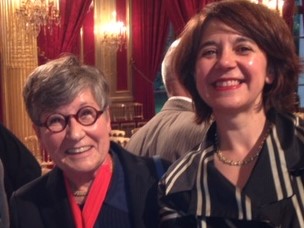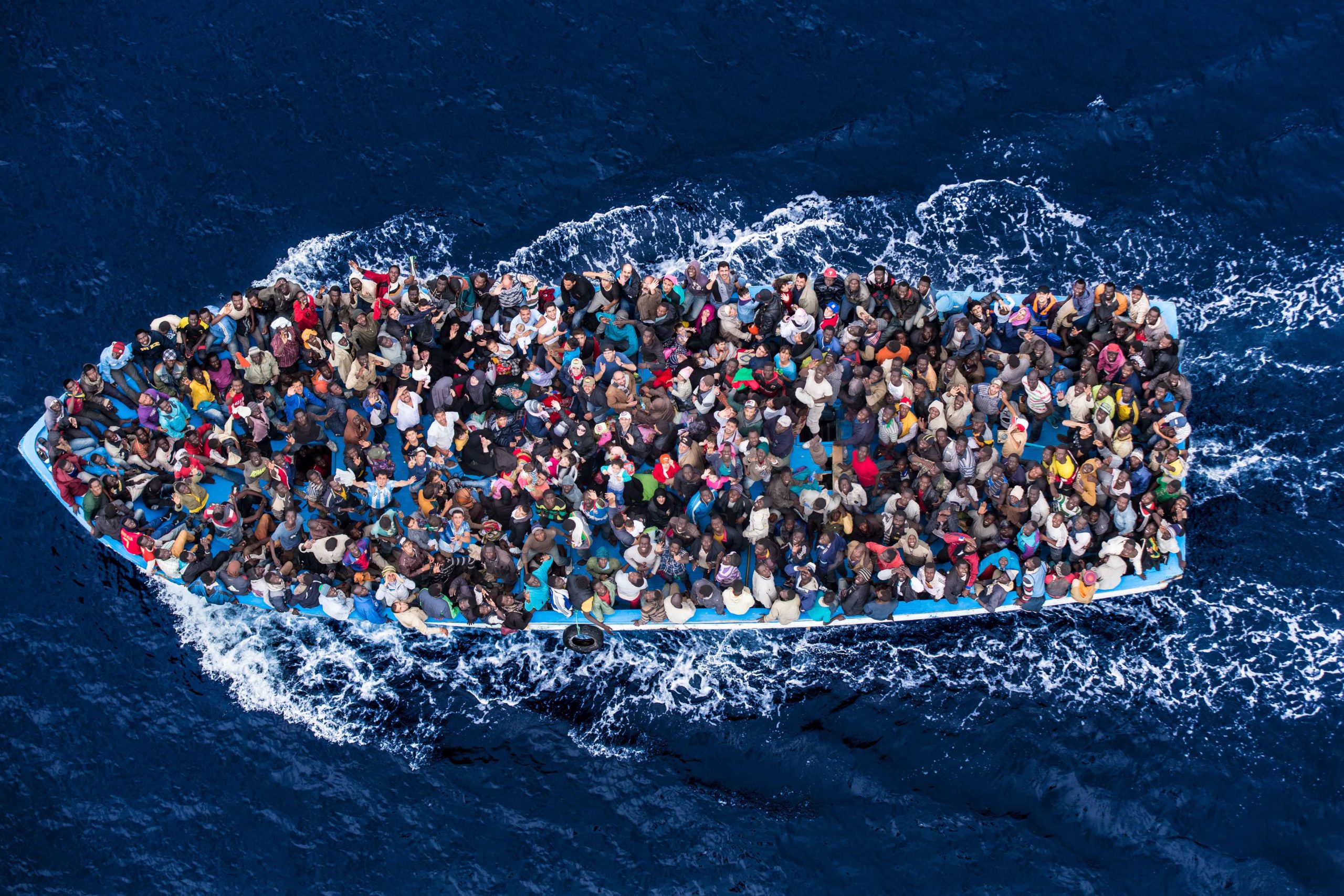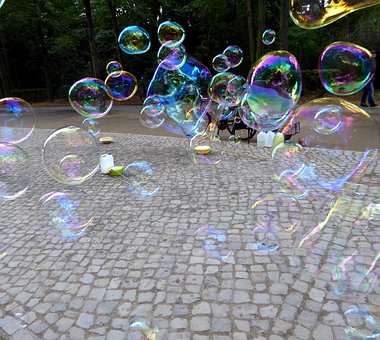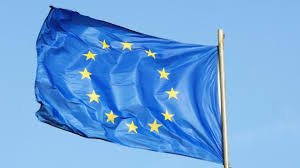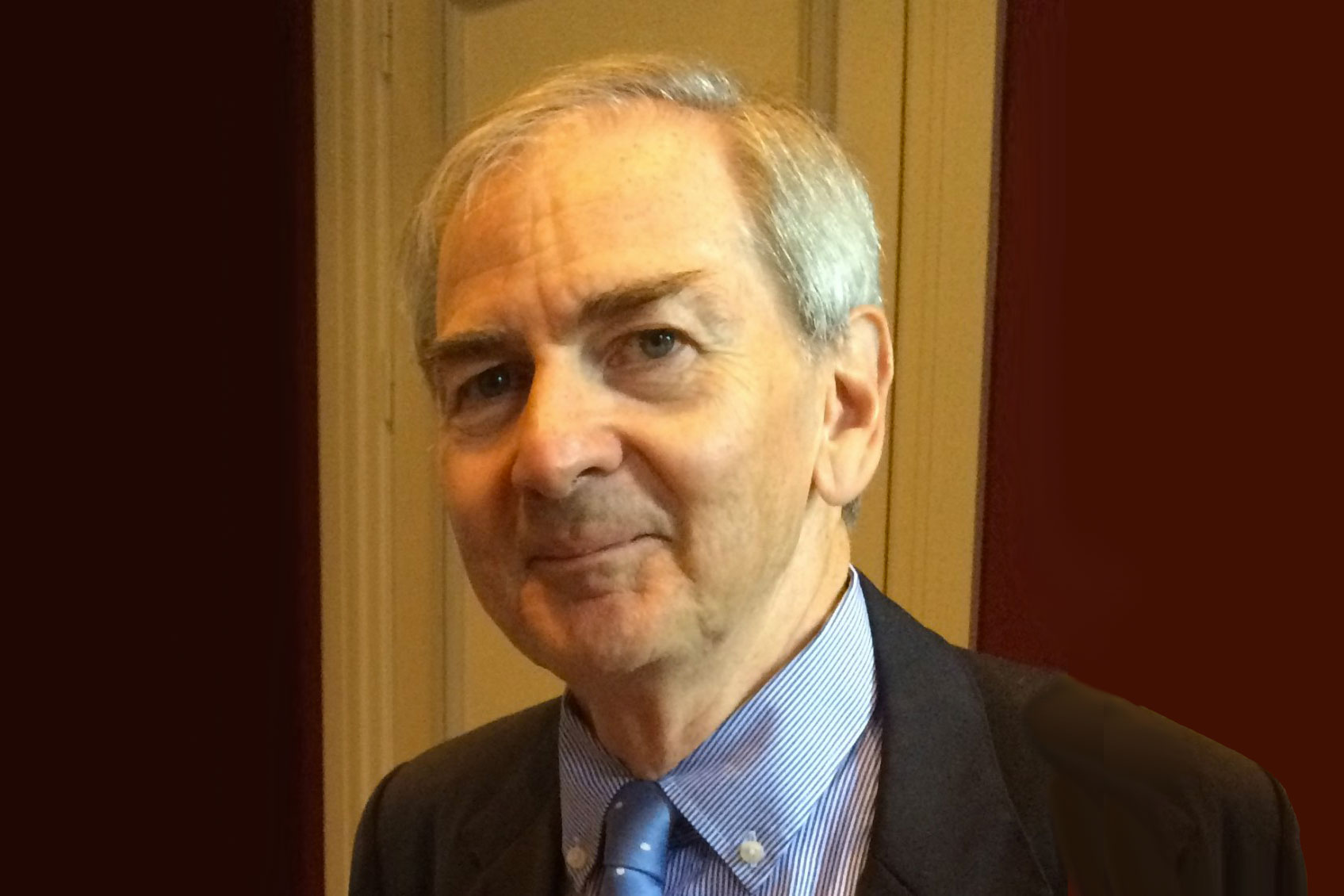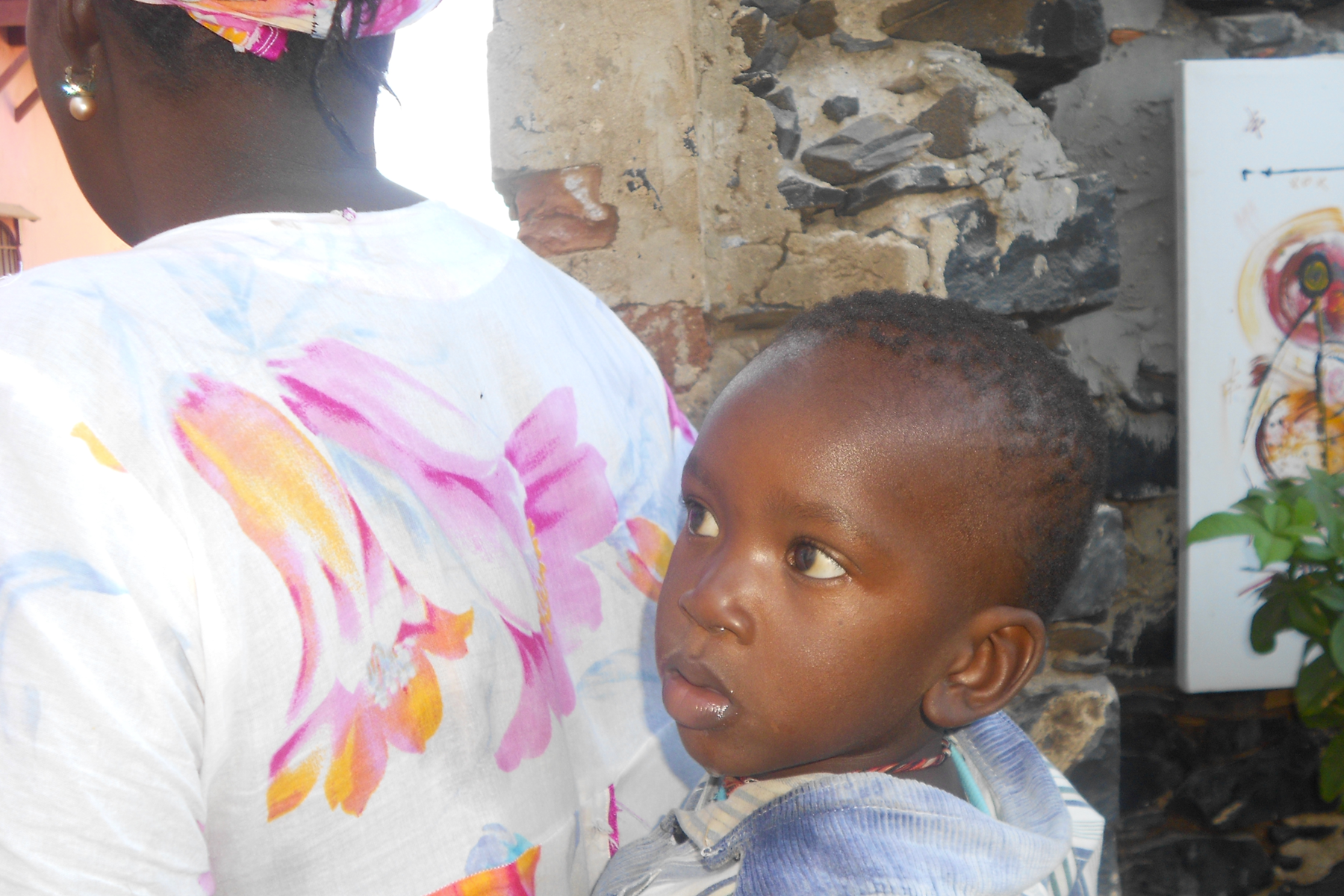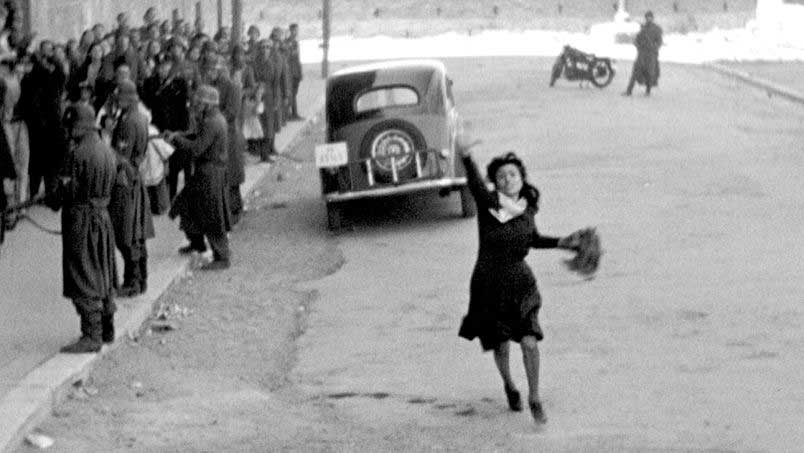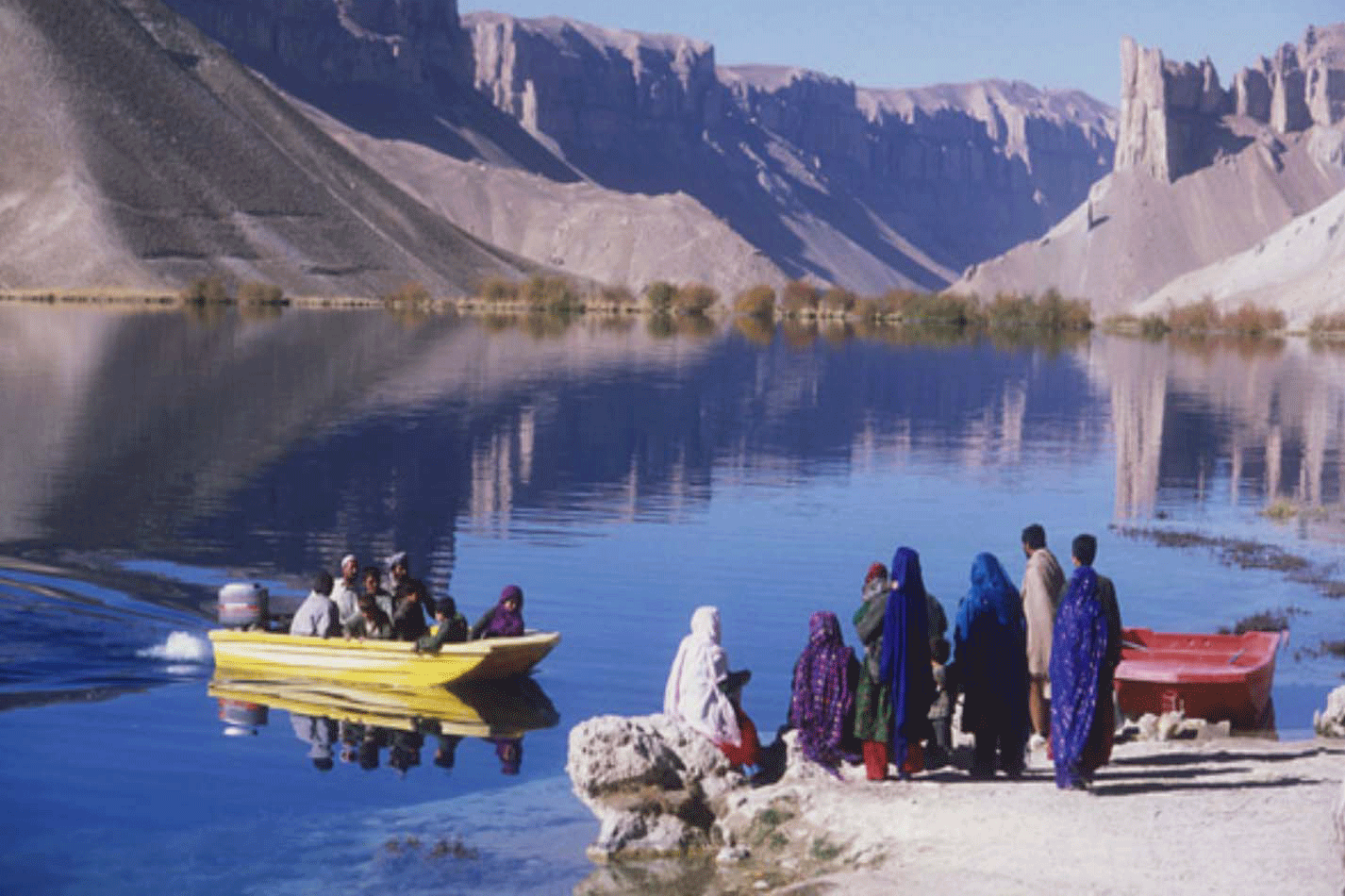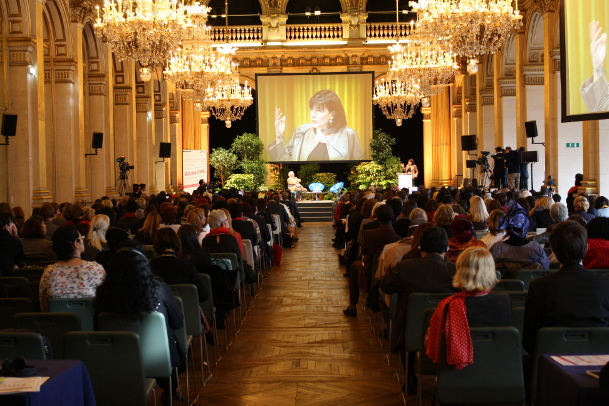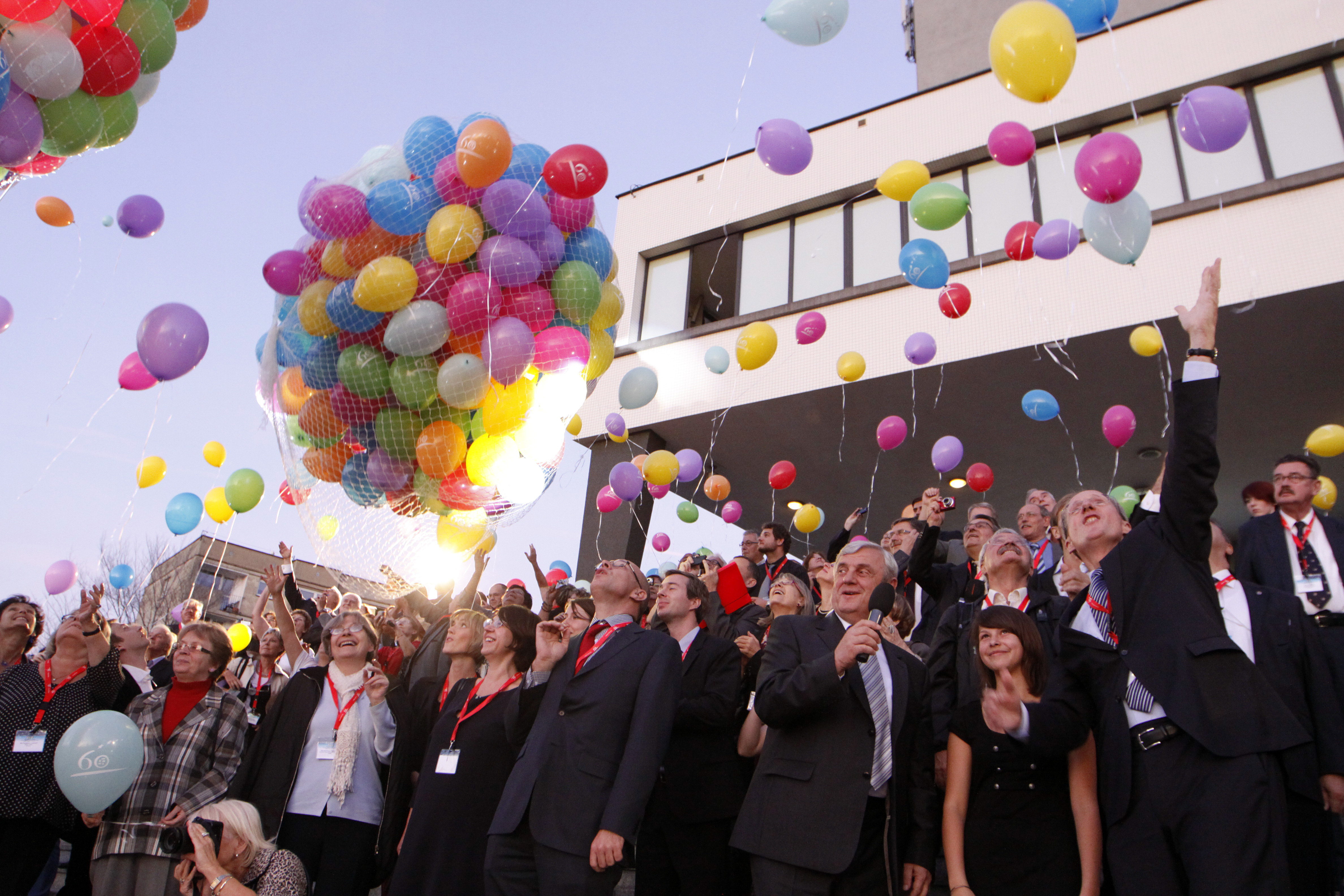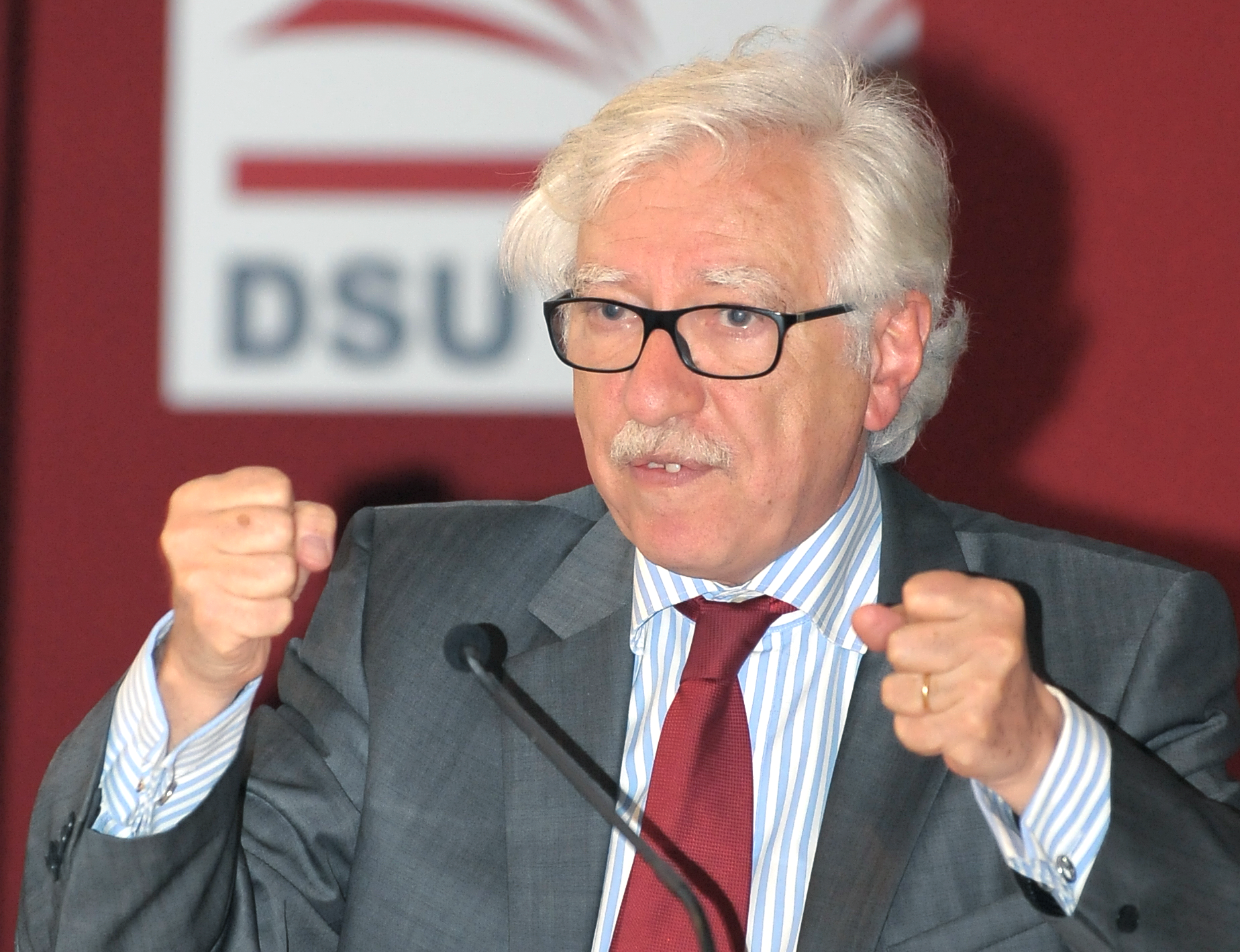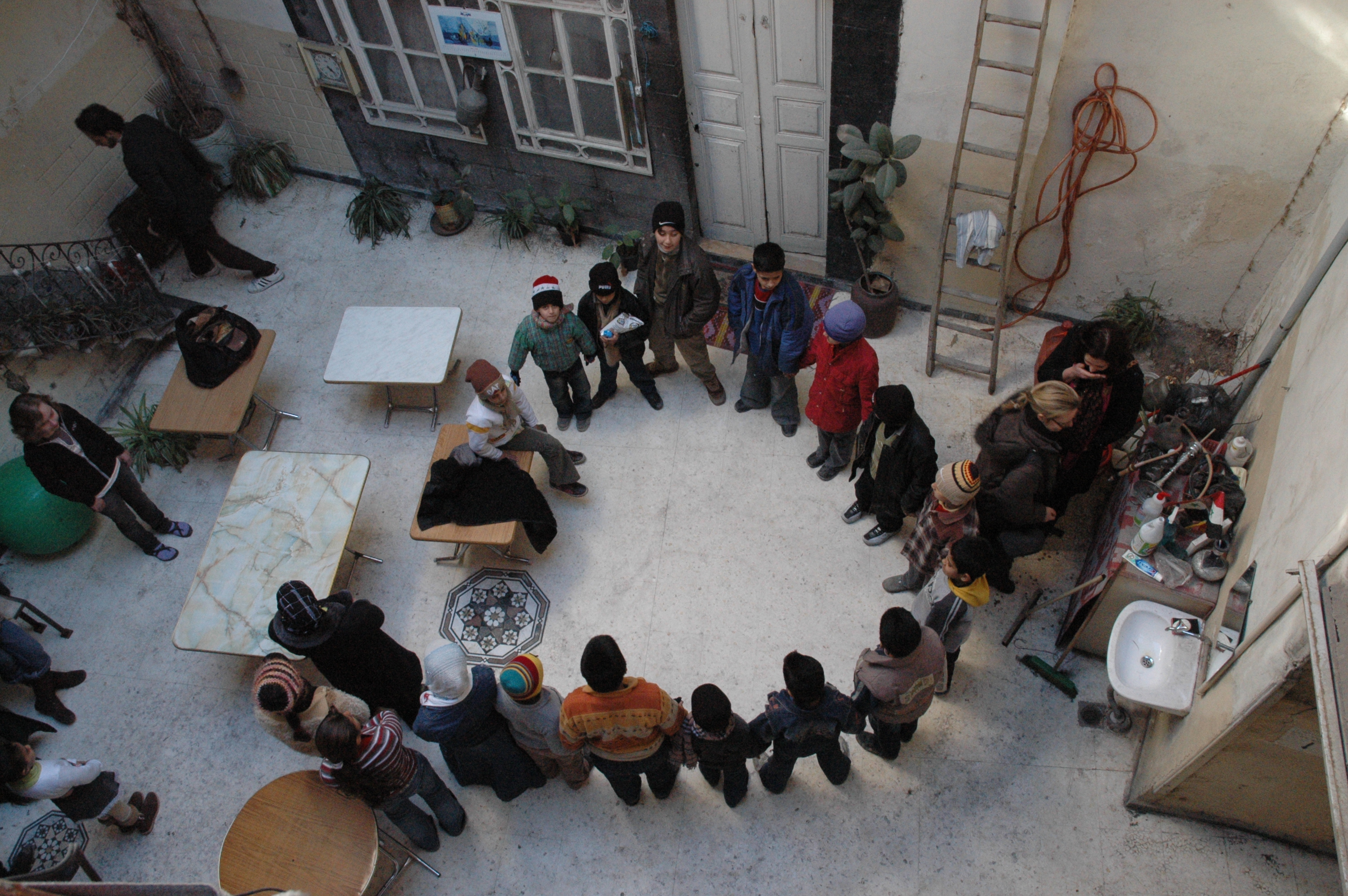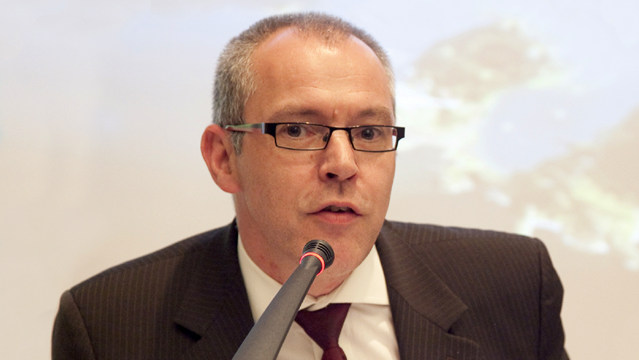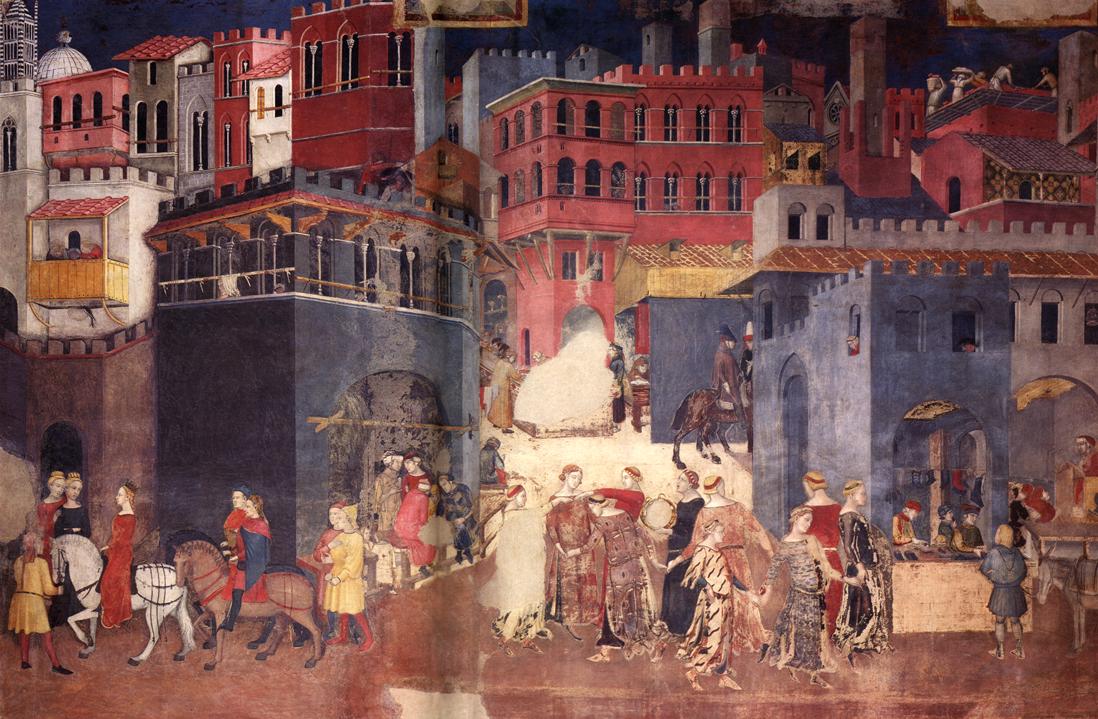Explaining Europe
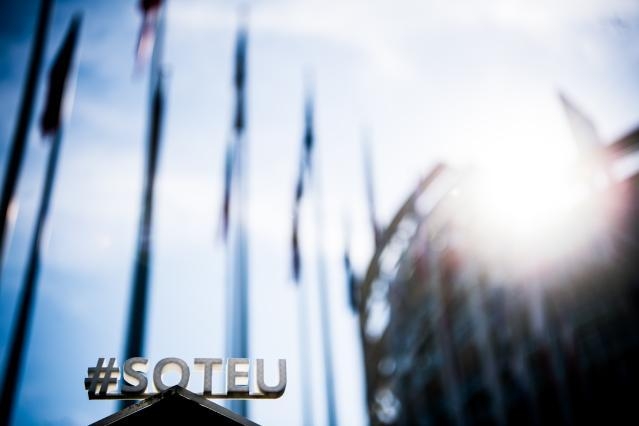
The European Union must be explained in such a way as to allow the citizens to fully grasp the extraordinary project that has changed our lives and which represents a model for the whole world. This is all the more necessary in light of the upcoming European elections in 2019, especially when Europe is being singled out as the root source of all of our countries’ problems!
With the adoption of the Maastricht Treaty in 1992, the EU Member States established European citizenship. Anyone with the nationality of an EU Member State is automatically a citizen of the European Union and therefore enjoys double nationality: as a citizen of his/her State and a citizen of the European Union!
The rights of citizens of the European Union are enshrined in the Treaty on the functioning of the EU and in the Charter of Fundamental Rights adopted in 2000. What exactly are these rights?
• Right to move freely – every European citizen can move, reside and work freely in another EU country (undoubtedly the most beautiful!)!
• Right to vote and to stand as a candidate in elections (every citizen of the Union has the right to vote and to stand as a candidate in municipal and European elections in the EU country in which he or she resides)
• Right to petition (European citizens have the right to address their complaints and concerns regarding European matters to the European Parliament) – did you know this?
• Right to refer to the European Ombudsman
• Right to consular protection (in a third country in which his or her State is not represented, every European citizen is entitled to assistance from the embassy or consulate of another EU member country)
• Right of legislative initiative: the European citizens’ initiative grants every citizen the right to directly invite the European Commission to draw up a proposal on a given subject, by way of a petition that receives the support of at least one million citizens coming from at least a quarter of the EU countries
We also have cross-border rights, which transcend any borders between EU Member States:
• Right to social security
• Right to healthcare
• Right to study in another EU country
• Protection against unfair consumer practices
• Passengers’ right to quality service
• Right to basic services
• Victims’ right to protection
In addition to these rights, every European citizen possesses Fundamental Rights:
- Right to life and human dignity
- Right to freedom
- Right to decent work
- Right to equality
- Right to protection of the most vulnerable groups of the population
- Right to social services
- Right to presumption of innocence and right of defence
- Right to proportionality of criminal offences and penalties
Europe provides an extraordinary opportunity that many citizens from the rest of the world would love to have!

However, most Europeans do not know and, are not aware of what we enjoy each day as a result of the European Union.
This is why it must be explained! People must be made aware of the historical intent behind why the European Union was sought and established by the founding fathers after World War II, its purpose today, how the European Institutions operate, what our rights are and what the policies and achievements are that benefit us, and which would not exist without this Europe.
Over the last two months, I have very much enjoyed being able to play a key role in two initiatives that gave me the opportunity to present the European Union under a new angle!
- “Bambini per l’Europa, l’Europa per i bambini” project: I was able to carry out this initiative with two classes of children from the V Elementare della Scuola di Montalcino (my hometown in Tuscany!)
- Conference on the European Union’s gender equality policies: I was a keynote speaker at this event held in Poitiers on 15 May at the invitation of the University, Europe Direct, and Vienne’s Maison de l’Europe.
Thanks to my friend, Francesca, and her colleagues, I could speak about Europe to 10-year olds at the Montalcino Elementary School. Over the course of two lessons, I explained the history and fundamental stages of European construction, the European Institutions and their responsibilities, the concrete contributions of the European Union to our daily lives. The kids were enthusiastic and were greatly interested in learning about the myth of Europe, the Schumann declaration and the roles played by De Gasperi, Adenauer, Spinelli and Jean Monnet. They wrote down their thoughts on Europe, and on 9 May, we celebrated Europe Day and ended our time together with the Ode to Joy!
In Poitiers, at the invitation of the University, Europe Direct and the Maison de l’Europe, I was able to speak to an audience consisting of around 300 adults of all ages about European policies for gender equality. This event provided the opportunity to expound on European policy and the legislation promoting equality between women and men and to provide statistics on unemployment, wage differences and retirement, on participation in decision-making; all areas in which there are still glaring inequalities. Even though there remains much to be done to achieve gender equality, the EU has been behind much of the legislative progress made in this respect in the member countries. Afterwards, there were questions from the participants seeking to delve deeper into the matter. Once again, I was pleased, but not surprised, at the interest that Europe awakens.
These two initiatives proved to be wonderful and satisfying experiences because I love to talk about Europe and I believe in it wholeheartedly! They gave me the chance to explain to both children and adults what exactly the European Union is, what it consists of, how it operates and how it delivers benefits to us on a daily basis. I think that the participants, young and old, took away a better clearer idea of what is being accomplished in Brussels and what it means to be a European citizen! This was `my ambitious goal in any case because such initiatives are necessary to make our Union come alive and become a reality!




 All news
All news
